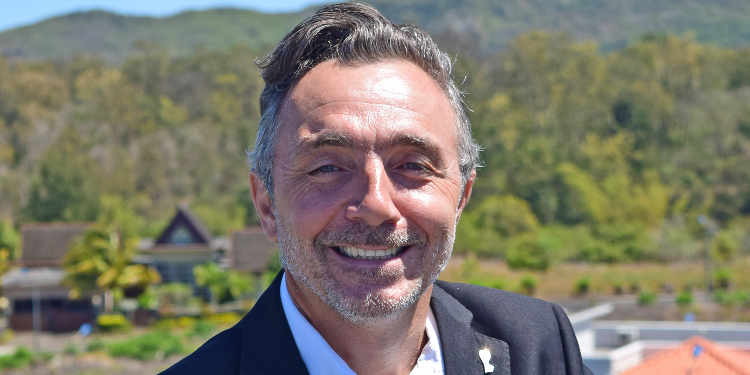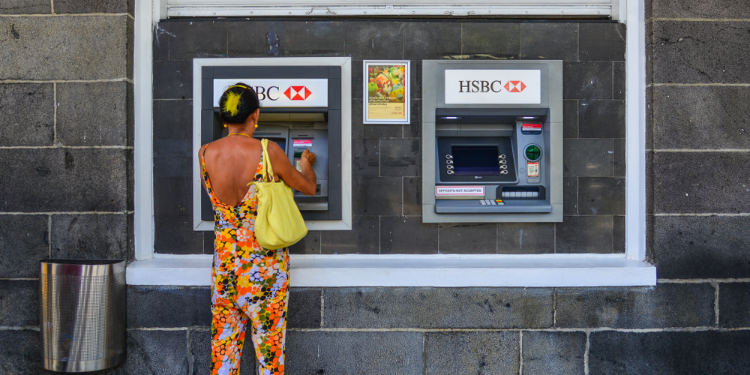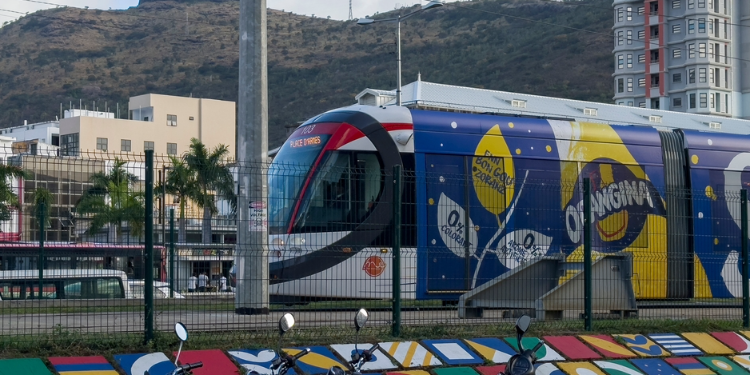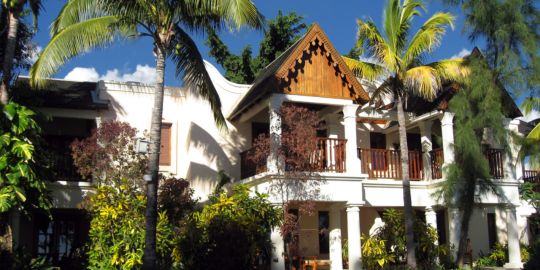First, tell us a bit about your expatriate journey.
I'm from Normandy and now a Mauritian. I'm 55, married with two children, (27 and 11). I arrived for the first time in the Indian Ocean in the early 90s to support a company from the Normandy valley based in Reunion Island which is a magnificent French territory at 10,000 km from France. Eight years later, when my mission was accomplished, I felt the need and the urge to move. I already had friends in Mauritius. I knew this island, and I knew Mauritians who were in different positions all over the world. I knew that this island holds a lot of opportunities for me. So I came here in 1998 with a Work Permit for one of the largest groups in the private sector. I worked there for seven years before joining a real estate developer in 2007. I ended up starting my own business in 2011. Mauritius is a welcoming country, and I adapted quickly. I also got the chance to meet the woman who has been my life partner for 17 years now!
What motivated you to become self-employed?
I have always been close to the entrepreneurial culture, creating wealth, developing activity, creating jobs. I like entrepreneurship in the true sense. While needing others, the entrepreneur often takes his own responsibility in decision-making. And in Mauritius, the entrepreneurship culture is real. Behind every Mauritian, there is a born entrepreneur! The need to create in order to move forward and meet their needs, whether they are planters or industrialists, Mauritians have this freedom to dare to undertake.
I too wanted to get started, with the will to innovate, and the same verve of being an entrepreneur. I work in the real estate industry, providing tailor-made services. My aim is mainly to welcome and provide accommodation to professionals, families and foreign investors, but we also cater to the needs of Mauritians.
You have lived in Mauritius for 22 years, and in 22 years there must have been a lot of changes. What are your views about development in a country as young as Mauritius?
What I see over and over again is really resilience. Mauritius is resilient, and so are its citizens. The island knows how to position itself as a major regional and international hub through its connections with Asia, Africa and Europe. Mauritius, the pearl of the Indian Ocean, is one of the highest spheres of politics and decision-making.
While there is room for improvement, the country has secured a place at the international level, so we now need to make sure we are as clean and transparent as possible.
Mauritius has an enormous wealth of skills that must keep on evolving. Bilingualism, for example, is an extraordinary asset. And being bilingual is the bare minimum! On the beach, vendors often alternate between four or five languages. Mauritius has all that it takes to act as a bridge between Asia, Africa and Europe and become a financial centre for Africa. We have to innovate to create wealth, jobs, etc. The ocean and our five economic pillars are not enough to create growth. We need to adapt to this concept of the circular economy, the blue economy, which must be our national and regional priorities. Knowing that we are in a small territory in the middle of the ocean, we must maintain our autonomy, take the lead and create growth while preserving everything that contributes to the Mauritian wealth.
What are your views on the start-up ecosystem in Mauritius?
Thanks to the way the Mauritian society and economy function, there is plenty of room for start-ups to thrive in Mauritius. There are more and more incubators. Mauritius is fortunate to have a strong private sector that is able to invest in the country and beyond. The Mauritian is a born entrepreneur. He can go internationally, learn internationally, and bring that back and adapt it to the Mauritian and regional context. We currently have a complex business climate, so we need to appeal to the little geniuses to entrepreneurs who are capable of daring and innovating in all their innocence and thirst.
Precisely, in this particular climate, what is your understanding of the country's economic policy as an entrepreneur?
We're not only dealing with COVID-19 that led to a health crisis followed by an economic and social crisis, but also with the sanctions of the Financial Action Group against the Mauritian jurisdiction. It's a challenging situation, and we're going to have to get out of it quickly.
Proper communication is essential to maintain the image of Mauritius. This must be treated with a clear mindset. According to the various government institutions and the European Union, Mauritius is working diligently, and we should be in compliance with the rules of exchange and tax information in 2021. Soon, we will also be more armed against COVID-19.
We must salute the way in which Mauritius dealt with the health crisis, although, hotels and textiles, the two main pillars of the Mauritian economy, have been affected. Indeed, the whole economy, including many other sectors, have been affected too. But we must collaborate and work with the islands of the region, in particular on issues such as the blue economy, the circular economy, agriculture, etc. We need to work together to get out of this crisis at the end of 2021 and early 2022.

















Contact us to be featured in the Interviews section.
Participate